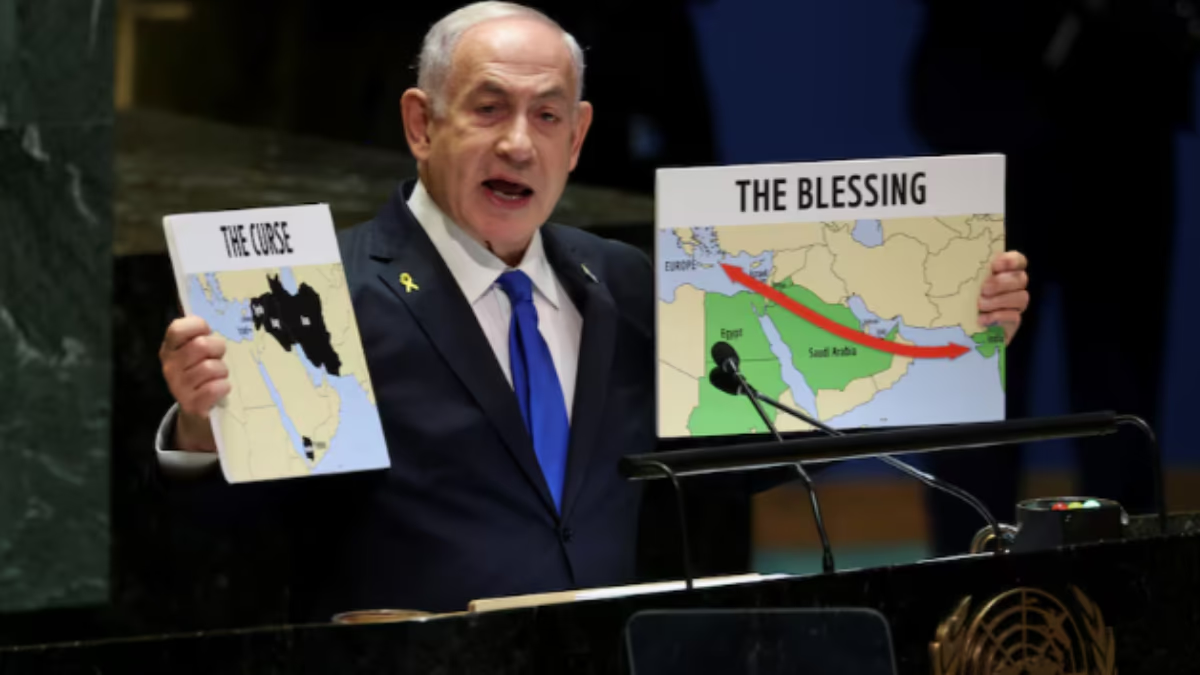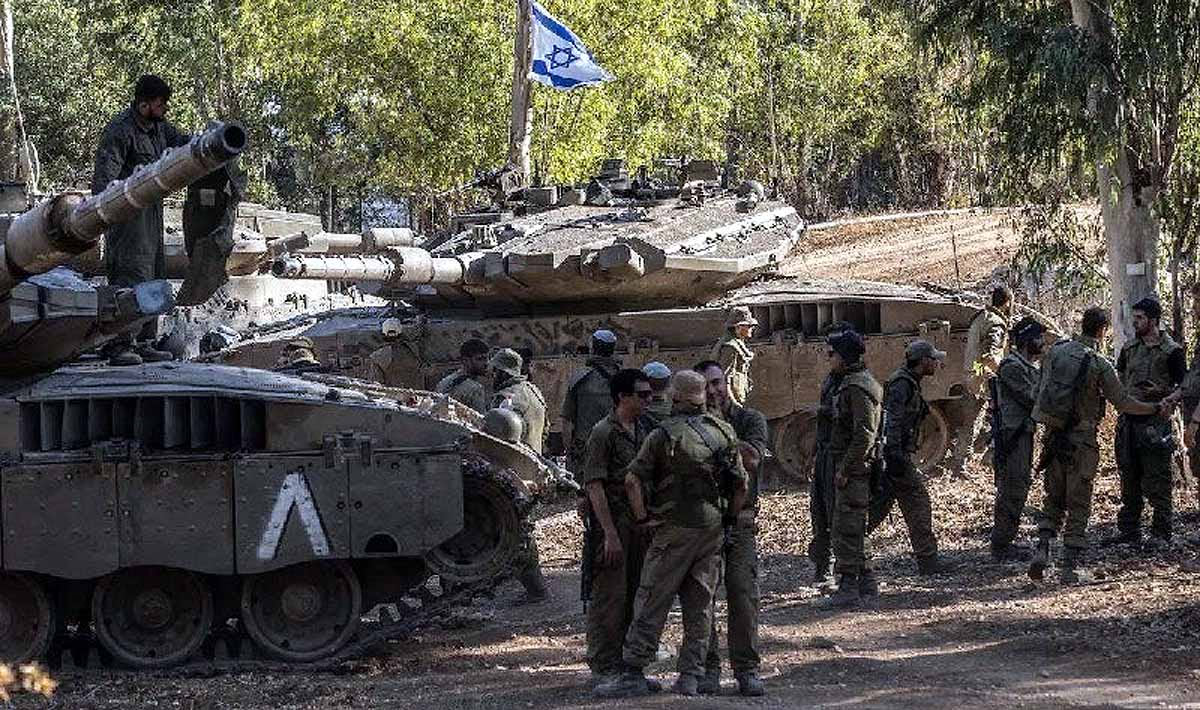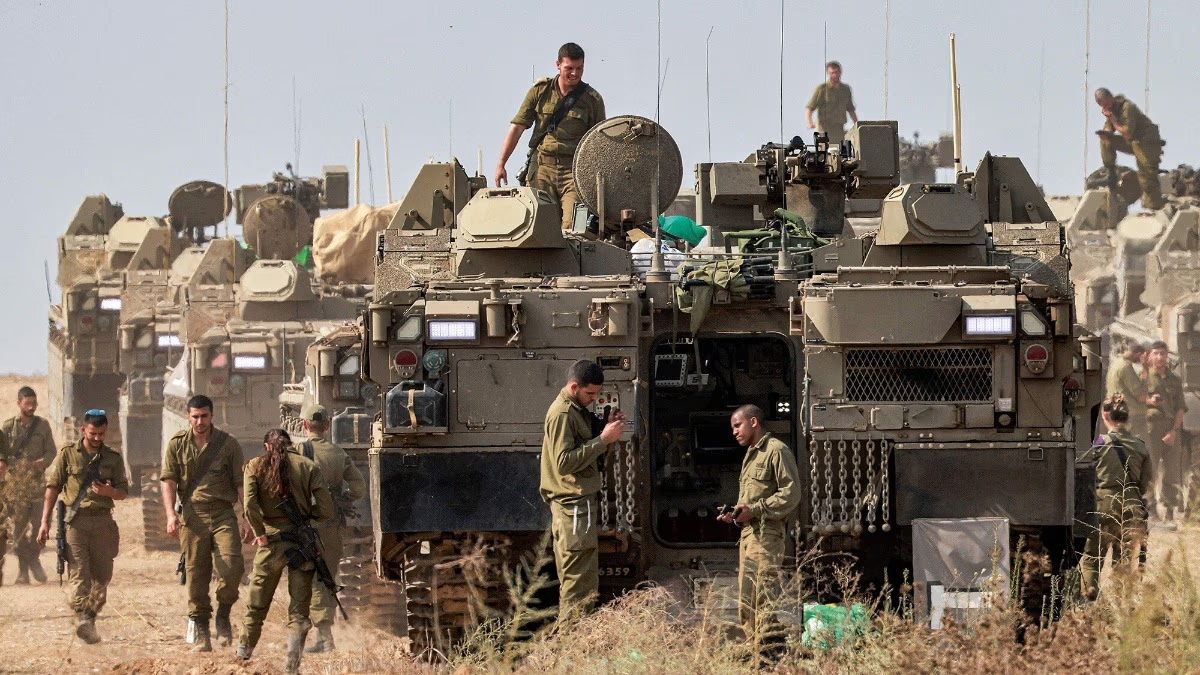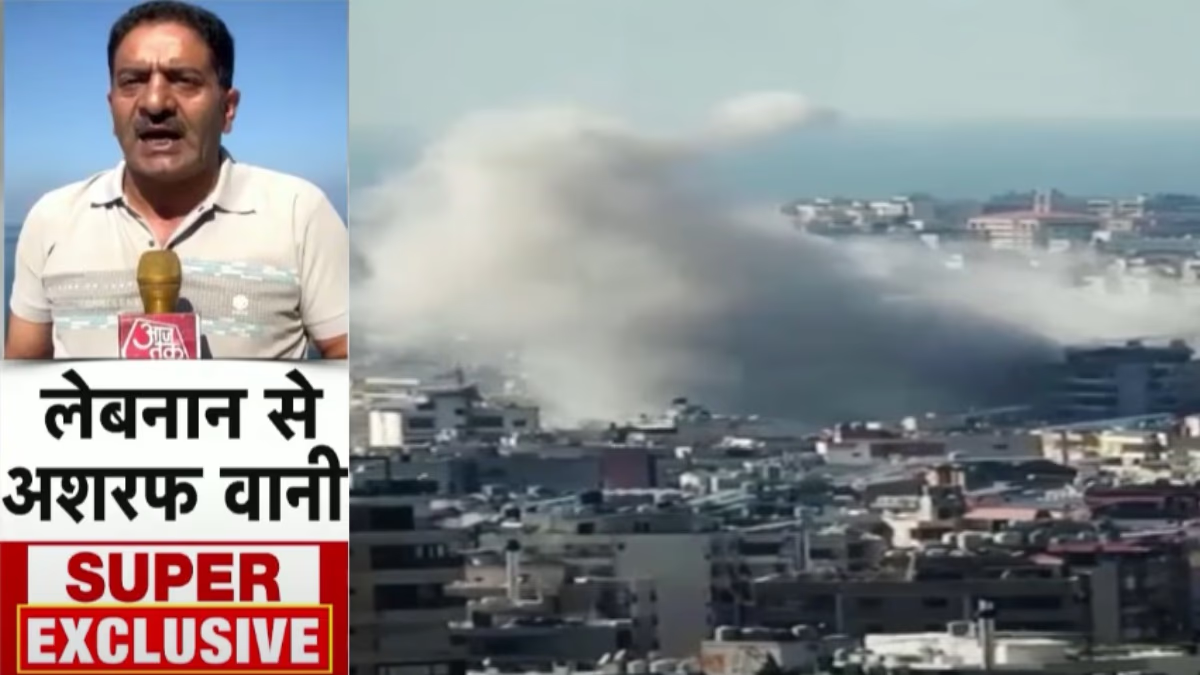Israel is conducting relentless airstrikes in southern Lebanon. The strikes aim at residential areas where Hezbollah terrorists have hidden weapons. The Israeli army is specifically targeting Hezbollah's terror spots, decimating their commanders. In the ongoing 9-day conflict, around 700 Lebanese have lost their lives, and approximately 2600 people are injured. Friday's attack claimed 25 lives, including the head of Hezbollah's Executive Council, Hashem Safieddine. Prior to that, on Thursday, Israel killed Mohammad Sarur, commander of Hezbollah's drone unit.
Friday evening (Indian time), Israel carried out successive airstrikes in Beirut, Lebanon's capital, following a speech by Netanyahu at the UNGCC. It is considered Israel's most intense attack in Lebanon, covering the sky with thick smoke. Israel also targeted Hezbollah's headquarters in Beirut, situated beneath a residential building where Nasrallah reportedly had a bunker. Though initially believed Nasdaq was inside, Hezbollah has denied the claim. Sources indicate that Israel had informed the US before these strikes, which destroyed six buildings and resulted in two deaths and over 70 injuries.
Following the attack, Israeli Prime Minister Netanyahu shortened his US visit and immediately returned to Israel. The Israeli army issued a statement saying they had targeted Hezbollah's central headquarters in southern Beirut's Dahiya district, shaking the capital and filling the sky with dense smoke. The exact death toll from these strikes is still unknown, but local media report widespread panic with civilians fleeing to safer areas.

Source: aajtak
PM Netanyahu Warns Hezbollah at the UNGA
Meanwhile, in New York at the UN platform, Israeli PM Benjamin Netanyahu unleashed strong criticism against Lebanon and Hezbollah. He also openly threatened Iran, leading to walkouts by representatives from several countries. Netanyahu declared that no place in Iran is beyond Israel's reach. He emphasized that Israel would not rest until its captive citizens return home safely.
Netanyahu asserted that Israel would continue fighting Hamas in Gaza until full victory. He affirmed Israel’s preference for peace but vowed to retaliate against any attacks on their nation. He warned that despite Hezbollah’s strongholds across continents, Israel would persist in their battle until Hezbollah and its leader Hassan Nasrallah are defeated. Netanyahu stated that he had no intention to attend the UNGA this year. However, he came to expose Lebanon, Iran, and Hezbollah.

Source: aajtak
Israel Poised for Possible Ground Offensive
Israel has stationed hundreds of tanks and armored vehicles near the Lebanese border. Defense experts believe Israel may soon launch a ground offensive against Hezbollah. The specific timing of this operation remains undisclosed, but it is anticipated to be imminent.
Hezbollah fighters primarily launch attacks from this southern Lebanon stronghold. Recently, Israel conducted a covert operation in Lebanon, shocking the world with attacks involving pagers and walkie-talkies. Israeli Defense Minister Yoav Gallant revealed that the nation is prepared for a potential ground assault, akin to their operations against Hamas in Gaza.
According to the International Organization for Migration, the conflict has forced over 200,000 people in Lebanon to flee their homes. Israeli officials issued stern warnings, threatening to unleash Gaza-like devastation in Lebanon if Hezbollah persists with its attacks, heightening fears of escalating violence.

Source: aajtak
Post-Pager Blasts Devastation by Israel in Lebanon
After Gaza, it’s now Beirut. Israel has been bombing Lebanon's cities for three to four days. The latest devastation follows the pager blasts, worsening Lebanon's plight. Consequently, most flights to Beirut have been canceled as no airline is willing to risk flying amidst Israeli strikes and Hezbollah’s retaliatory actions.
Once the Switzerland and Paris of the Middle East
Lebanon wasn't always war-stricken. Once known as the Switzerland and Paris of the Middle East, it gradually became a hub for Islamic extremism and terrorism. This transformation led to the current devastation in Beirut, the stronghold of the notorious Hezbollah. Yet, just 19 years ago, Beirut was modern, liberal, and far from extremism. The city welcomed the world's wealthiest tourists with open arms, boasting a vibrant culture of beaches, bustling streets, and freedom.




